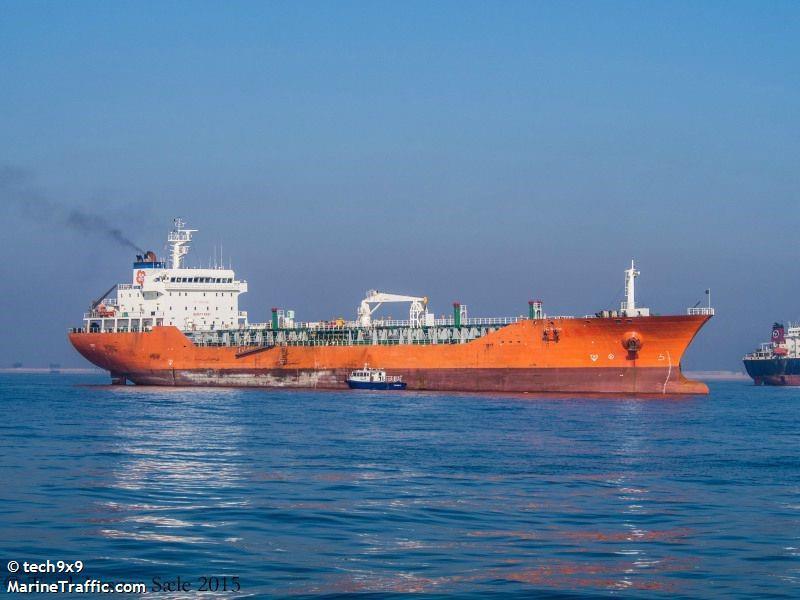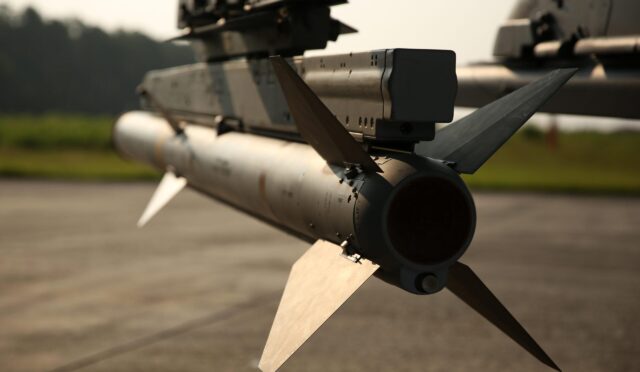Ursa Major Cargo Ship Sinks in Mediterranean Waters
A Russian state-owned cargo ship, the Ursa Major, has sunk in international waters of the Mediterranean Sea following a significant explosion on board. The incident, which has left two crew members missing, was reported by the Russian foreign ministry on Telegram. The explosion reportedly occurred in the ship’s engine room, leading to a distress call being issued as the vessel began to list.
Of the 16 crew members on board, 14 were rescued and taken to the Spanish port of Cartagena, while two remain unaccounted for. Spain’s sea rescue service responded promptly to the emergency, deploying helicopters and rescue boats to assist. Survivors were provided with support from the Red Cross upon their arrival in port, highlighting the swift action taken during the crisis.
Rescue Efforts and Subsequent Developments
The distress signal came early Monday morning as the Ursa Major was navigating rough seas off the southeastern coast of Spain. The situation escalated quickly, prompting the Spanish authorities to dispatch rescue teams to the area. As the operation unfolded, a Russian warship arrived to take command, given that the ship was located between Spanish and Algerian waters. Unfortunately, the vessel sank later that night.
According to accounts from the survivors, the cargo ship was transporting empty containers and two cranes on deck at the time of the incident. The Russian foreign ministry confirmed that the Ursa Major is owned by a subsidiary of Oboronlogistika, a company under the defense ministry that also handles civilian logistics. This connection raises questions about the ship’s activities and cargo.
Context of the Ship’s Journey
Prior to the accident, the Ursa Major was traveling from Saint Petersburg to Vladivostok, with a specific cargo of cranes and hatch covers intended for icebreakers. This operation was part of a state initiative aimed at enhancing Russian port capabilities and developing the northern sea route through the Arctic. The cranes, weighing 380 tonnes each, were noted to be particularly heavy, necessitating maritime transport.
Additionally, reports indicate that the hatch covers were intended for a new nuclear icebreaker named Lider, designed to operate in icy waters. The incident adds to the ongoing narrative surrounding Russia’s logistics and military transport, particularly in light of recent intelligence suggesting that Russia has been moving weapons and equipment from Tartus, Syria, to Libya via sea.
Previous Incidents and Implications
This tragic sinking of the Ursa Major is not the first maritime incident involving Russian vessels. Just last December, a Russian tanker partially sank in the strait between Crimea and southern Russia, resulting in a significant oil spill. Such accidents raise concerns about maritime safety and environmental protections in the region.
As investigations continue into the circumstances surrounding the Ursa Major’s sinking, the implications of this incident may extend beyond immediate search and rescue operations. It underscores the complexities of Russian maritime logistics amid evolving geopolitical dynamics, particularly as the future of Russia’s military presence in Syria remains uncertain.







